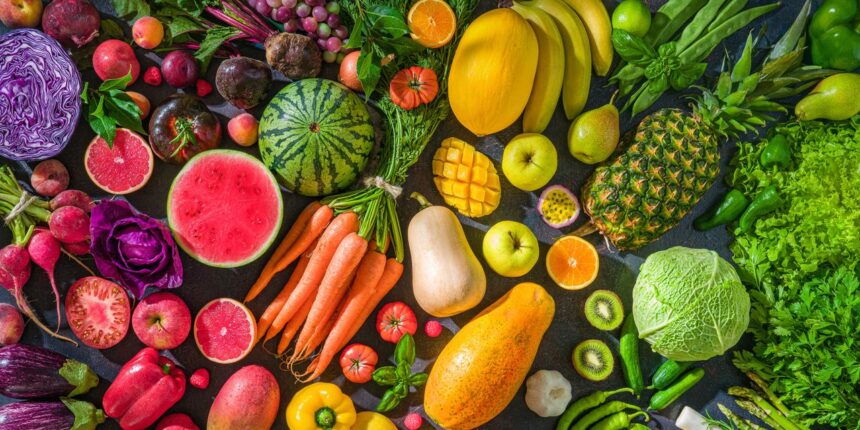Whenever you make a big batch of something, you probably want to stick those extra servings right in the freezer. And while that’s great for some meals, other foods don’t fare quite as well (like eggs, yogurt, and some others). Sometimes the taste or texture takes a hit; in other cases it’s a full-fledged food safety issue—so you definitely want to know how a specific food or dish will react before you close the door.
This is important because you don’t want to take freezing off the table entirely. “Because it’s allowing us to store food at subzero temperatures, it really slows or completely stops the growth of bacteria in foods and therefore decreases the risk of foodborne illness,” Vincci Tsui, RD, a certified intuitive eating counselor based in Canada, tells SELF. Under the right circumstances, freezing can significantly extend the lifespan of your meal or specific ingredient, which can help prevent food waste and save you some serious cash. “In a refrigerator, you’re talking three to four days” before an item spoils, Darin Detwiler, PhD, a food safety expert and associate teaching professor at Northeastern University’s College of Professional Studies, tells SELF. Whereas “in most freezers, you’re talking three to four months for certain foods.” Simply thaw your dish, reheat it in the microwave, and it’ll essentially be as good as new.
That said, there are exceptions to that rule—and you’ll want to know what they are so your frozen leftovers don’t end up in your kitchen trash. To find out which ones should avoid the big chill, we asked several experts to share the foods that top their do-not-freeze list. Read on to learn more about eggs, yogurt, and six other kinds of foods you should never freeze.
1. Raw eggs…
Soda cans aren’t the only kind of item at risk of exploding in the freezer, according to Dr. Detwiler. Since shell eggs are liquid on the inside, he explains, they expand when they freeze, cracking and potentially creating “quite a mess.”
Unpleasant as it is to find your freezer littered with shards of broken shell and splotches of yolk, that isn’t necessarily the worst that could happen. Like raw meat and poultry, eggs can harbor salmonella bacteria, so an eggy explosion could put those bugs in contact with other items in the freezer. In short, a frozen egg isn’t only a cleanup hazard—it’s also “a contamination risk,” Dr. Detwiler says. Even if it doesn’t explode, it still won’t be all that usable: Frozen egg yolks have a thick, syrupy texture that prevents them from blending well with the whites or other ingredients, the USDA reports.
However, egg prices are sky-high right now (all thanks to bird flu), so we don’t blame you for wanting to freeze the ones you have on hand to preserve them for the long term. Just don’t freeze eggs whole. Instead, crack them and beat the yolk and whites together first. Plus, keep in mind that you can freeze liquid pasteurized eggs or egg substitutes for up to one year—as long as they’re unopened.
2. …and cooked eggs.
Similarly, cooked eggs (like scrambled or omelets) aren’t super freezer-friendly, but for different reasons, Tsui says. In this case, she says, freezing doesn’t pose health concerns, but it is “really going to affect the texture and the taste”—and not for the better. For instance, cooked egg whites become “soft, tough, rubbery, and spongy,” according to the National Center for Home Food Preservation at the University of Georgia. Products made from cooked egg may be affected as well, like egg salad, mayonnaise (which separates), meringues (which toughen and shrink), and some icings (which may turn frothy or sticky and weep).
3. Dairy
Freezing can cause a wide range of dairy products to separate, including soft cheeses like brie, ricotta, and cream cheese, according to Dr. Detwiler. (Cottage cheese, too, according to the University of Nebraska-Lincoln.) On the other hand, hard and semihard cheeses—think cheddar, provolone, or Muenster—can be frozen, though not without some deterioration in quality, per the National Center for Home Food Preservation.
Read the full article here



